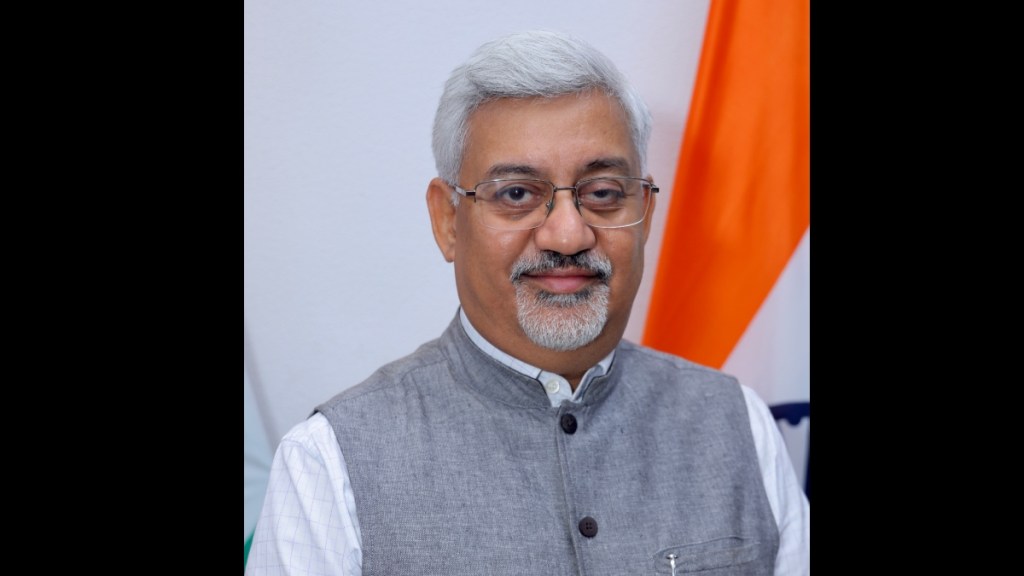India on Monday warned that the attempts by the developed world to include “non-trade issues” in the agenda of the World Trade Organization (WTO) could lead to “fragmentation” of the multilateral trading system.
In the second session on trade and inclusion at the world body’s 13th ministerial conference in Abu Dhabi, commerce secretary Sunil Barthwal said: “Bringing issues like gender and MSMEs in the realm of WTO discussions was not practical because these issues were being discussed in other relevant international organisations already.”
He said in the name of non-trade issues, several developed countries were already considering adopting trade-distortive subsidies and had erected non-trade barriers. He also expressed concerns about such “unilateralism” and its negative spillover effect on the trade interests of developing countries. Barthwal highlighted the need for remaining “focused” (on easing trade).
“Developing countries seek appropriate policy space to find solutions to their concerns, some of which have been unaddressed for a long time. They require flexibility in the existing WTO agreements to overcome the constraints faced by them in their industrialisation,” the secretary noted.
Earlier, speaking at a session on ‘Sustainable development and policy space of industrialisation’, the official had expressed serious concerns regarding the increasing use of protectionist and unilateral trade measures, which, he said, are sought to be justified in the name of environmental protection.
The first large-scale unilateral trade impacting environment regulation has been implemented by the European Union through Carbon Border Adjustment Mechanism (CBAM) that seeks to tax high carbon emissions during the production stage of an imported product. Other developed countries have also started considering such mechanisms that will translate into high tariff walls to imports from developing countries. If exports of developing countries to these markets get impacted, it will also be a setback to their industrialisation efforts, they say.
Earlier in the day, in his address at the opening session of the conference via a video link call, commerce and industry minister Piyush Goyal said the development agenda would remain incomplete without a permanent solution on pubic stock-holding for food security purposes, which is directly related to achieving the sustainable development goal of zero hunger by 2030.
“Pubic stock-holding remains an unaccomplished agenda on which we have to deliver in MC13,” the minister said in his recorded address which was played at the session. Permanent solution will enable the government to carry out minimum support price (MSP) operations, hold stocks and run the public distribution system. Till now, India has a ‘permanent peace clause’ which has exempted MSP and PDS operations from a legal challenge at the WTO.
In the opening session, many countries including the UK and the US, and the European Union participated through pre-recorded messages.

